French Navy conducts surveillance op to enforce North Korea sanctions
A UN-appointed French naval crew has conducted surveillance operations above the Yellow Sea between North Korea and China, in search of what it describes as signs of contraband headed for North Korea.
The team, which arrived in Japan in mid-October from its base in French Polynesia, is part of an international mission enforcing United Nations sanctions on Pyongyang by conducting surveillance trips from a US base in Okinawa.
“The UN sends us information on vessels suspected of illicit behavior," and then a flight plan is drawn up, Guillaume, a lieutenant commander, was quoted as saying by AFP.
The French team gathers as much information as possible on the vessels to send to the UN, which will investigate for violations Resolutions 2375 and 2397, limiting the sale, supply and transfer of natural gas and petroleum to North Korea, reports said.
"We're the eyes of the United Nations in the area," Guillaume, identified only by his first name, said. “In the context of the international tensions in the area, the goal is to avoid poisoning the situation. We have to be firm but courteous.”
North Korea has been subjected to harsh international economic sanctions since 2006 in relation to its ballistic missile programs and nuclear activities. The US has imposed several rounds of its own sanctions on the East Asian country, officially known as the Democratic People's Republic of Korea.
French forces have taken part in regular surveillance missions since 2018 to enforce UN sanctions against North Korea, alongside eight other countries, and under the supervision of the Enforcement Coordination Cell responsible for implementing UN resolutions.
For Paris, these missions are also a way to increase its clout in the region, especially after unveiling its Indo-Pacific military strategy in 2019.
The UN Security Council imposed additional sanctions on North Korea in 2017 targeting the country’s export of coal, iron ore, seafood, textile and other products to limit its foreign currency.
Despite harsh economic sanctions, the country’s leader Kim Jong-un earlier this year promised to take his country out of its economic troubles fueled by sanctions and the coronavirus pandemic.
He “solemnly swore” that his government “will surely break through head-on the difficulties lying in the way” of the country’s progress.
Kim also vowed last month to build an “invincible” military in the face of growing threats from the United States.
He said Pyongyang’s weapons development is necessary in the face of hostile policies from Washington and a military buildup in neighboring South Korea.
Kim said earlier this year that Pyongyang has been working to develop hypersonic warheads, a nuclear-powered submarine, military reconnaissance satellites and solid-fuel ICBMs.
In an address to the United Nations General Assembly in New York, Kim Song, North Korea’s envoy, reassured that that “nobody can deny the right to self-defense” for the North.
North Korea has long accused the US of double standards over its ballistic missiles program.
China, Russia call for easing sanctions
China and Russia last week submitted a reworked draft resolution, urging the UN Security Council to ease sanctions on North Korean exports with the intent of “enhancing the livelihood of the civilian population" in the east Asian country.
The draft resolution was first pitched by the two countries in December 2019, seeking revocation of sanctions that were not directly related to the country’s nuclear program.
The two regional powers held two informal rounds of talks on the draft resolution last year, but never formally put it forward for a vote.
The reworked draft proposes removing a ban on Pyongyang's exports of statues, seafood and textiles, as well as lifting a cap on refined petroleum imports.
It also includes measures like revoking a ban on North Korean workers overseas and exempting inter-Korean rail and road projects from UN sanctions.
In order for the draft to be passed as a resolution, it needs nine votes from the 15 member UN Security Council and no vetoes from any of the five permanent members - US, France, Britain, Russia or China.
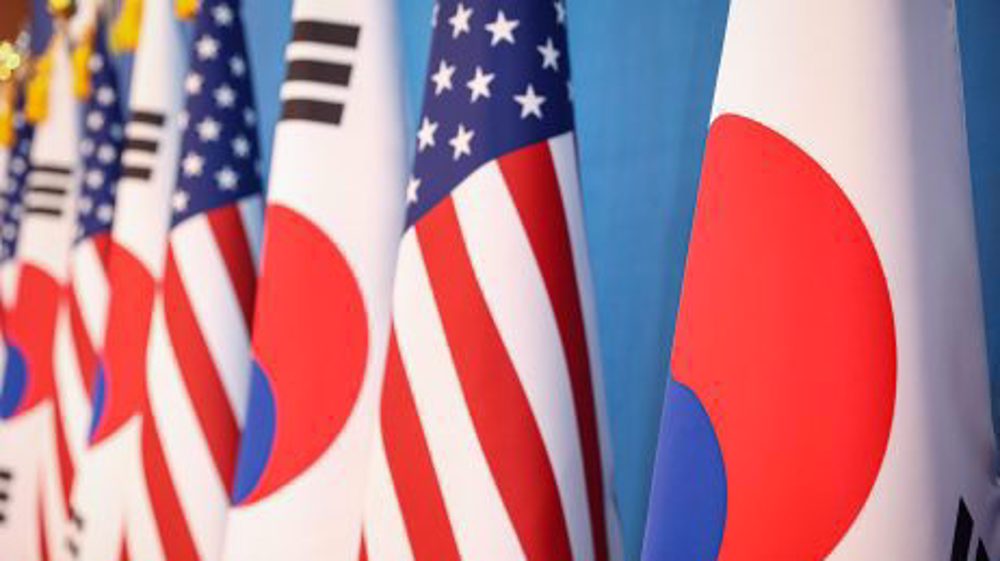
US-South Korea trade tensions
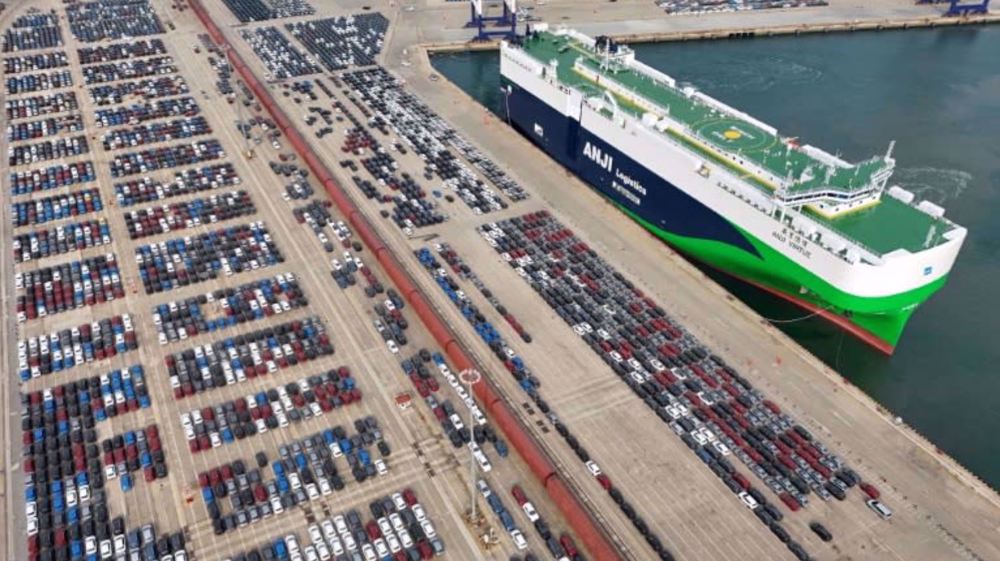
China ‘firmly’ opposes countries making trade agreements with US at its expense
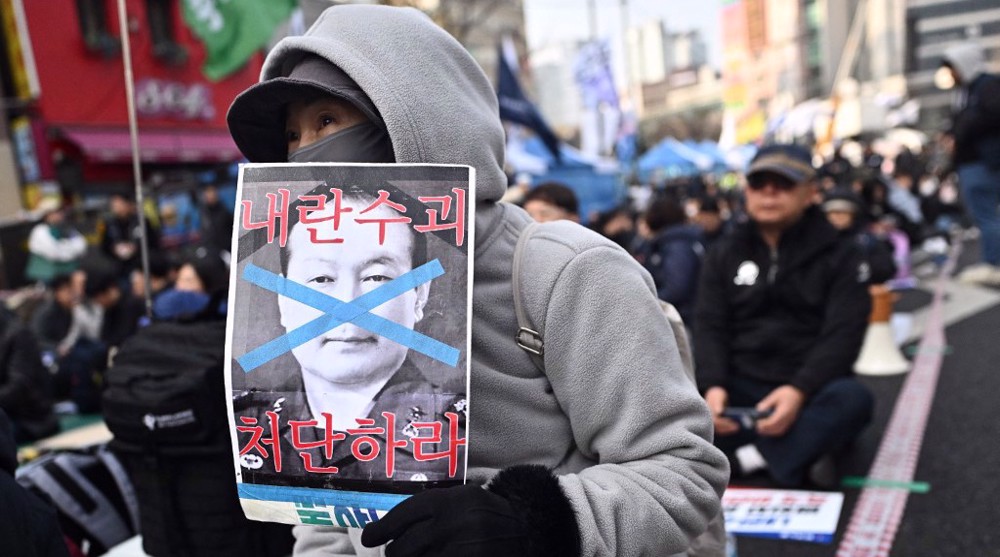
South Korea's court removes president over martial law controversy
VIDEO | Press TV's news headlines
Enrichment on Iran’s soil, meaningful sanction removal ‘red lines’ in talks with US: Spox
VIDEO | India and Pakistan tensions: A march to war?
VIDEO | 3rd Iran-Africa Economic Cooperation Conference kicks off in Tehran
‘Biggest genocide of century’: Iran calls for intl. mobilization to stop Israeli crimes in Gaza
Swiss fencing team snubs Israeli flag over Gaza genocide
Iran ‘strong, confident’ enough to thwart malicious external actors’ plots: Araghchi
Iran foils ‘extensive, sophisticated’ cyberattack on national infrastructures: Official


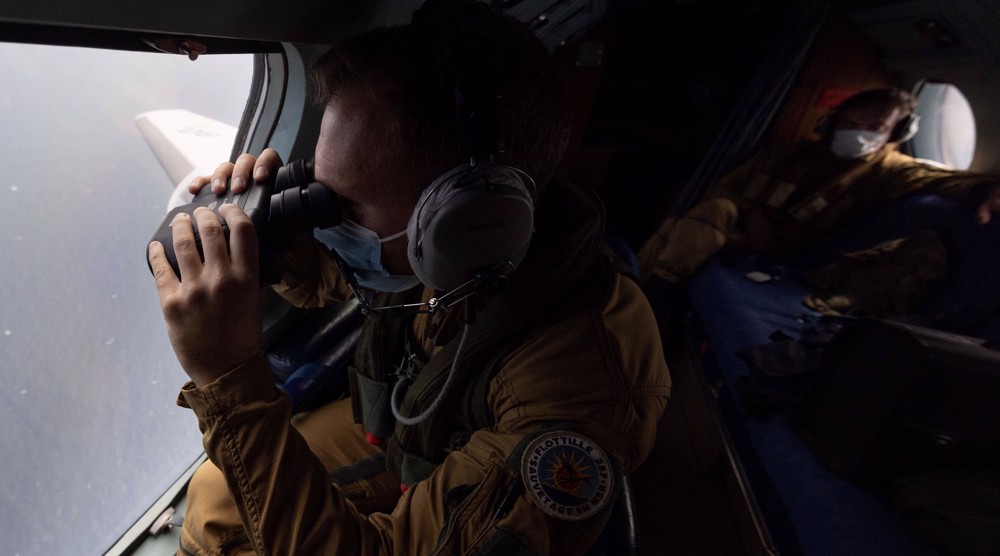
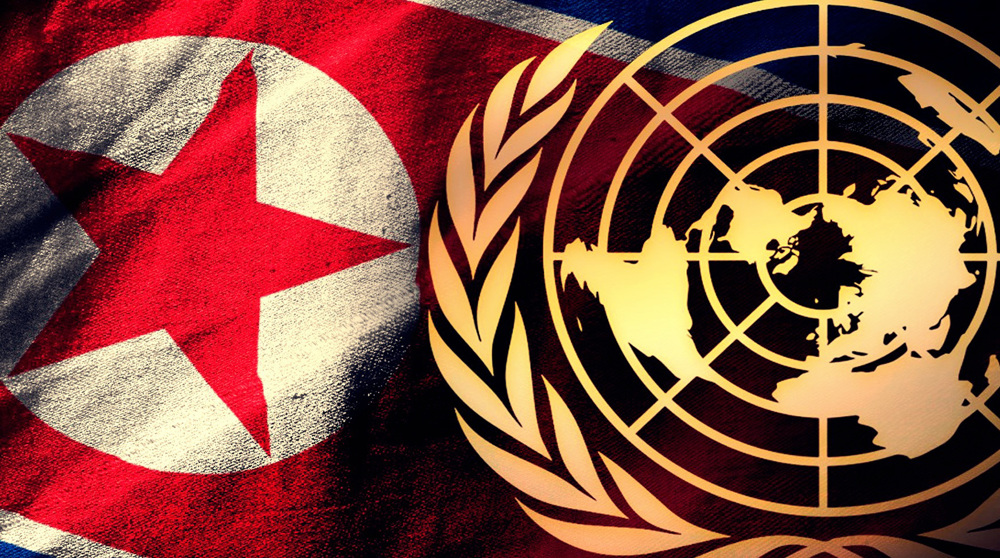
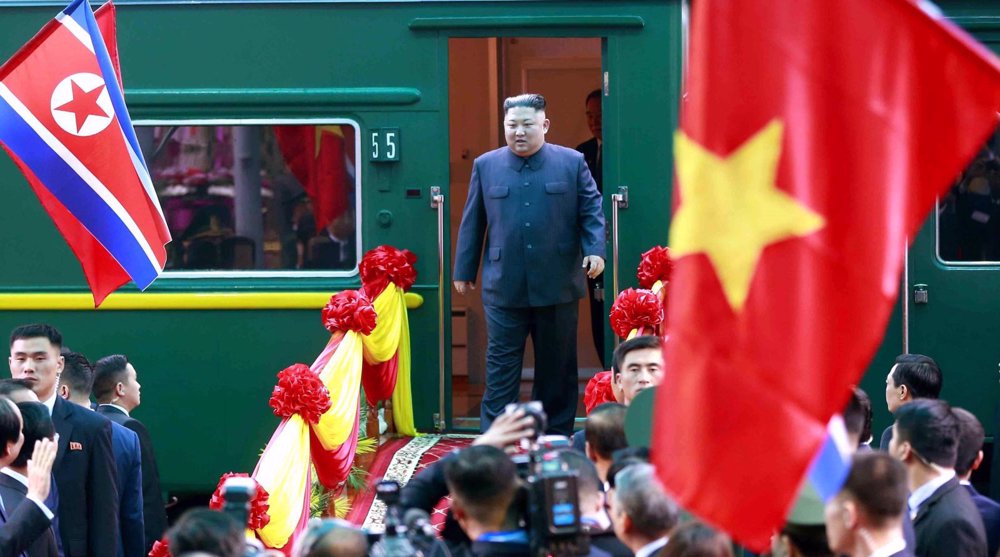



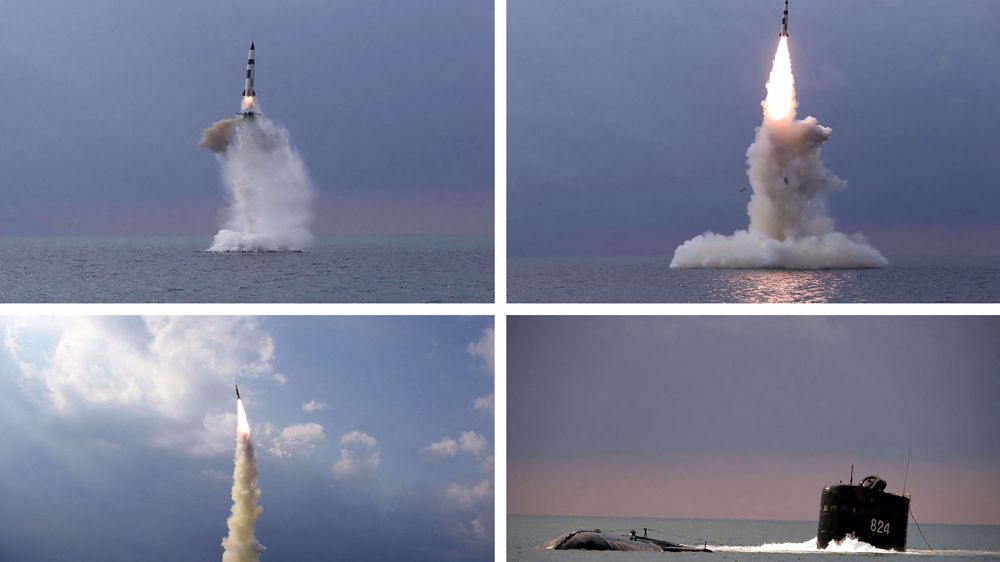
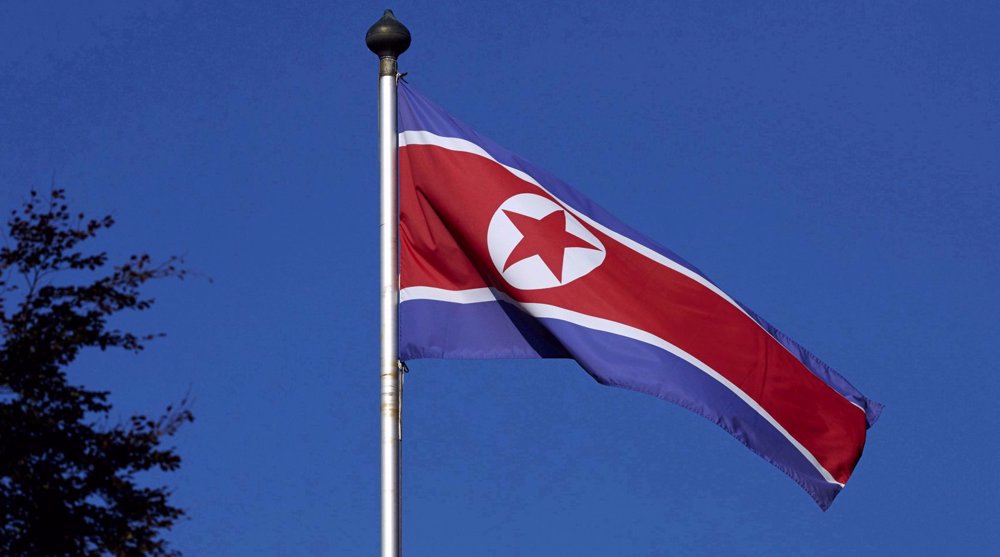
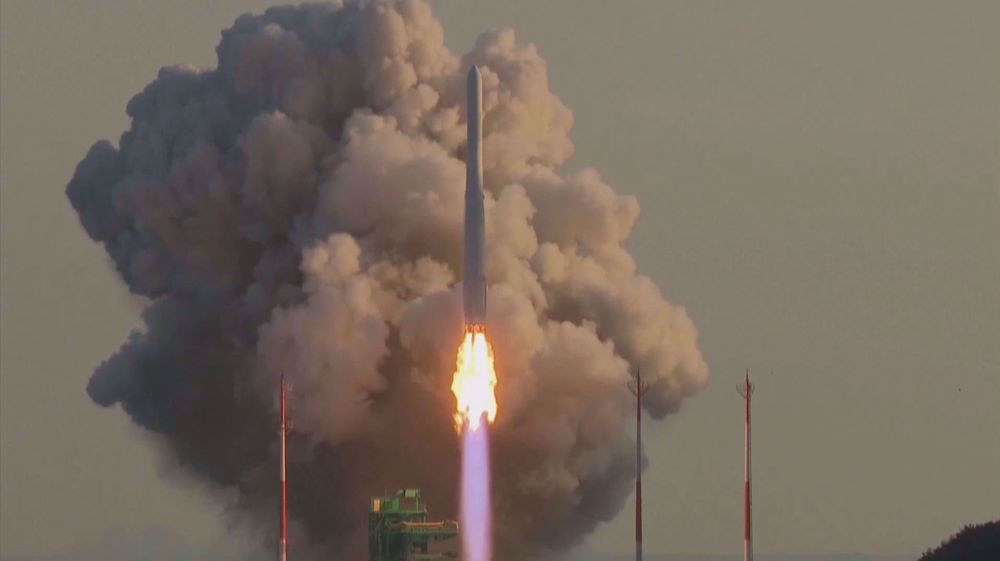

 This makes it easy to access the Press TV website
This makes it easy to access the Press TV website